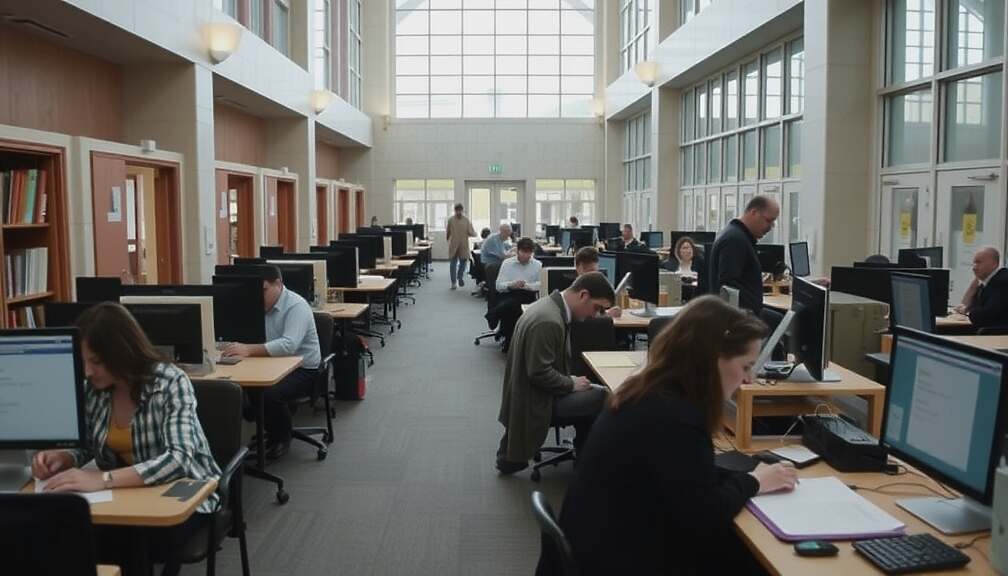A recent survey highlights a growing crisis of bureaucratic overreach impacting private higher education institutions in Germany, fueling concerns over innovation and economic viability within the sector. Commissioned by the Verband Privater Hochschulen (VPH) and conducted by the market research institute Management Consult, the study reveals that a staggering 71.4 percent of decision-makers at private universities perceive bureaucratic burdens as “high to very high.
The most significant source of frustration centers around the accreditation and re-accreditation processes, both for the institutions themselves and for individual degree programs. Seven of the ten most commonly cited hurdles fall squarely within this category, exposing a systemic failure to adapt accreditation structures to the rapidly expanding private university market.
Ottmar Schneck, CEO of the VPH, directly attributes the delays to inadequate infrastructure within the responsible accreditation bodies. “The private higher education market is booming, while the accreditation institutions’ structures have not adapted” Schneck stated. This has resulted in protracted decision-making timelines, leading to tangible financial consequences for private universities.
Specifically, the inability to offer unaccredited degree programs creates a bottleneck, with postponements to program launches extending as long as a full semester if the Accreditation Council delays decisions until its subsequent meetings. Critics also point to the frequent granting of accreditations for only five years, rather than the more standard ten. Given that the accreditation process itself typically spans two years, private institutions are perpetually engaged in resource-intensive procedures.
While acknowledging the importance of quality assurance mechanisms to weed out unscrupulous providers – a sentiment echoed by Schneck – the VPH is advocating for significant streamlining of the administrative processes. The current system, as it stands, is stifling innovation and jeopardizing the long-term stability of a sector contributing significantly to Germany’s vocational training landscape. The call for reforms raises broader questions regarding the responsiveness of regulatory bodies and the potential for bureaucratic inertia to impede economic growth and educational advancement within Germany.












